Description
Jeevantyadi Ghrita with Jeevanti or Leptadenia reticualata as its signature ingredient is a deeply nourishing formulation that cools the aggravated pitta and strengthens the eyes. Jeevantyadi Ghrita revives and strengthens the eye muscles and optic nerves as well.
The ‘eye’ is the seat of ‘Alochaka Pitta’. It is the branch of Pitta that supports the health and functioning of the eye and very vulnerable to diet and lifestyle that heat up the body from within.
Features and benefits of Jeevantyadi Ghrita –
- It enhances the health and function of eyes. Jeevantyadi Ghrita is an excellent remedy for different kinds of refractive errors and structural disorders.
- It maintains clarity and keenness of vision. Delays impact of ageing.
- Jeevantyadi Ghrita encourages digestion and metabolism. The formula has excellent antioxidant activity. Detoxifies and rejuvenates the body.
- It encourages healthy gut biome. Improves gut motility. Relieves constipation.
- It heals and revives the body debilitated by age and disease.
- It bestows healthy hair, skin and eyes. Jeevantyadi Ghrita also improves clarity and sharpness of vision.
Adult: 7-10 ml Jeevantyadi Ghrita early in the morning on empty stomach.
Child: 5-7 ml Jeevantyadi Ghrita once in the morning on empty stomach.
Key Ingredients:
SARKARA (Saccharum officinarum)
Commonly known as the sugarcane, its roots are used for the therapeutic purposes. Having properties aphrodisiac (arouse sexual desires), laxative, cooling, demulcent, antiseptic, and tonic. Sugarcane juice is very useful in jaundice conditions.
ASWAGANDHA (Withania somnifera)
Ashwagandha is commonly used for stress. It is also used as an “adaptogen” for many other conditions, but there is no good scientific evidence to support these other uses. Ashwagandha contains chemicals that might help calm the brain, reduce swelling (inflammation), lower blood pressure, and alter the immune system. The root contains steroidal compounds which include the lactones Withaferin A and carbon-27-glycowithanolide, known collectively as the Withanolides. The Withanolides are responsible for the varied medicinal applications of the herb. Winter Cherry also contains a fair amount of alkaloids including tropine, pseudotropine, isopelletrine, anaferine and saponins, which impart medicinal properties to the herb.
PIPPALI (Piper longum)
Pippali is known as “Tridoshic” herb as it suits all body types. Thus regular consumption of pippali in suggested quantity can help you to immune your body to quiet an extent. Pippali has Anti-microbial, Anti-inflammatory activity. Consumption of pippali is said to exhibit anti spasmodic action and hypoglycaemic effect which is believed to lower blood sugar level. It is also reported to be antagonist in respiratory depression. Also due to its cooling post-digestive effect consumption of pippali is considered as a safe and effective option to avoid all sorts of digestive disorders.
LODRHA (Symplocos recemosa)
Lodhra is a traditional medicine used by Ayurvedic practitioners. All parts like roots, bark as well as leaves of this plant are used for medicinal purposes but most useful is its stem. Lodhra is considered useful in managing female disorders such as leucorrhea (excessive vaginal discharge) which is caused by vaginal infections as it has antimicrobial and anti-inflammatory properties. It helps to manage excessive menstrual bleeding by promoting blood thickening due to its astringent and hemostatic (process which stops bleeding) properties. This hemostatic property is also useful in managing nose bleeding.
SHATHAPUSHPA (Anethum sowa)
Saunf or Fennel seeds relaxes the colon and decreases respiratory tract secretions. It is very useful in treating colics in infants. Also effective in abdominal colic, flatulence, indigestion, and also used in many panchakarma treatments.
DEVADARU (Cedrus deodara)
Himalayan Cedar is very effective in neurological disorders, asthma, pruritus, infested wound. Devadaru is also effective in arthritis and headache. Deodar oil contains two major sesquiterpenoids a – and ß- himachalenes. Deodardione are also isolated from the essential oil. The oil shows invitro antibacterial, antifungal and anti-inflammatory activity.
HAREETHAKI (Terminalia chebula)
Popularly known as Indian walnut for its innumerable benefits or Indian hog plum in English, it is extremely valuable for its role in improving hair health. It is useful for treating scalp infections like dandruff, itching and hair fall. It also strengthens them from the roots, prevents breakage and loss of hair and bestows silky soft smooth hair. Chebulic Myrobalan is one of the three key ingredients in Triphala, a natural compound that provides overall support for digestive function and helps ensure that the digestive tract works at optimal levels. The Ayurvedic Pharmacopoeia of India has documented the use of the powdered herb in intermittent fevers and chronic fevers, anemia and polyuria. Chebulic Myrobalan can also be used to treat gastrointestinal and respiratory disorders.
AMALAKI (Emblica officinal)
Commonly known as the Indian gooseberry, it is high in Vitamin C and natural antioxidants known as flavonoids and polyphenols. When used for hair treatments, it is found to strengthen and condition follicles down to the roots. Amla oil can promote hair growth, reduce dandruff, and prevent the graying of hair.
VIBHITHAKI (Terminalia Bellerica)
Known as beach almonds or Bedda nut tree, it is rich in Vitamin C, and other antioxidants that nourishes the hair roots. Bibhitaki helps in making the roots of the hair stronger, minimizing hair fall and preventing premature graying of hair strands.
JIVANTI (Leptadenia reticulata)
Leptadenia reticulata is very valuable medicinal plant belonging to family Asclepiadaceae popularly known as Jivanti. It is specially known for its stimulant and restorative properties in Ayurveda. It belongs to the ‘Jeevaneeya Gana’ or the group of drugs that nourishes, rejuvenates and lends new life, according to traditional Ayurvedic texts.


 Sign In
Sign In Cart
Cart 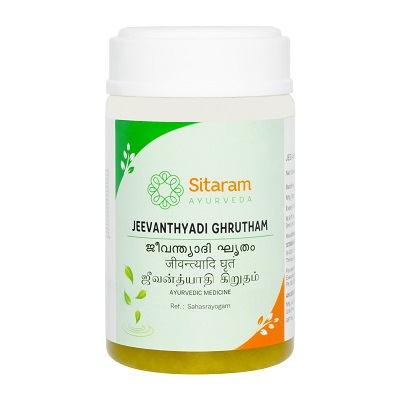
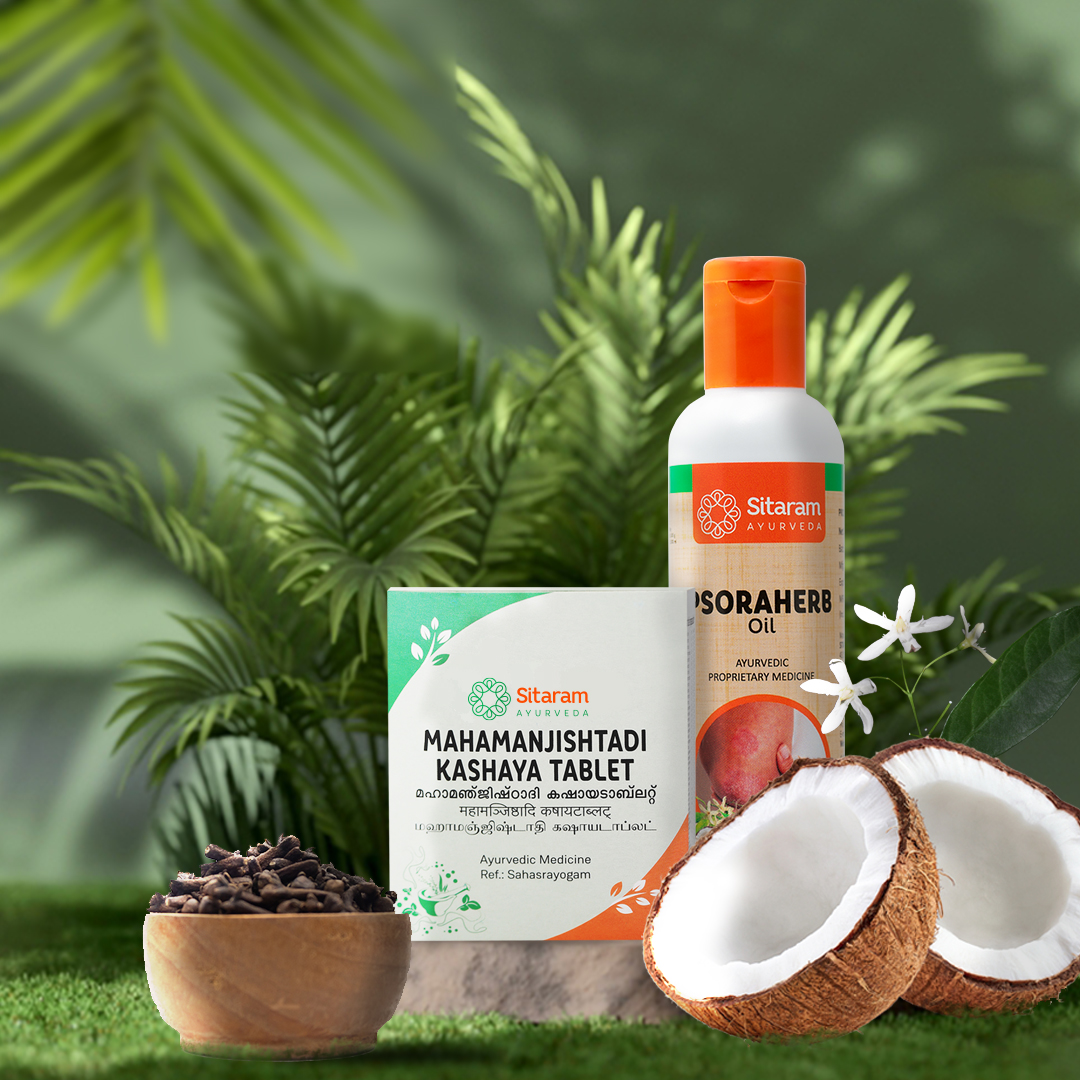
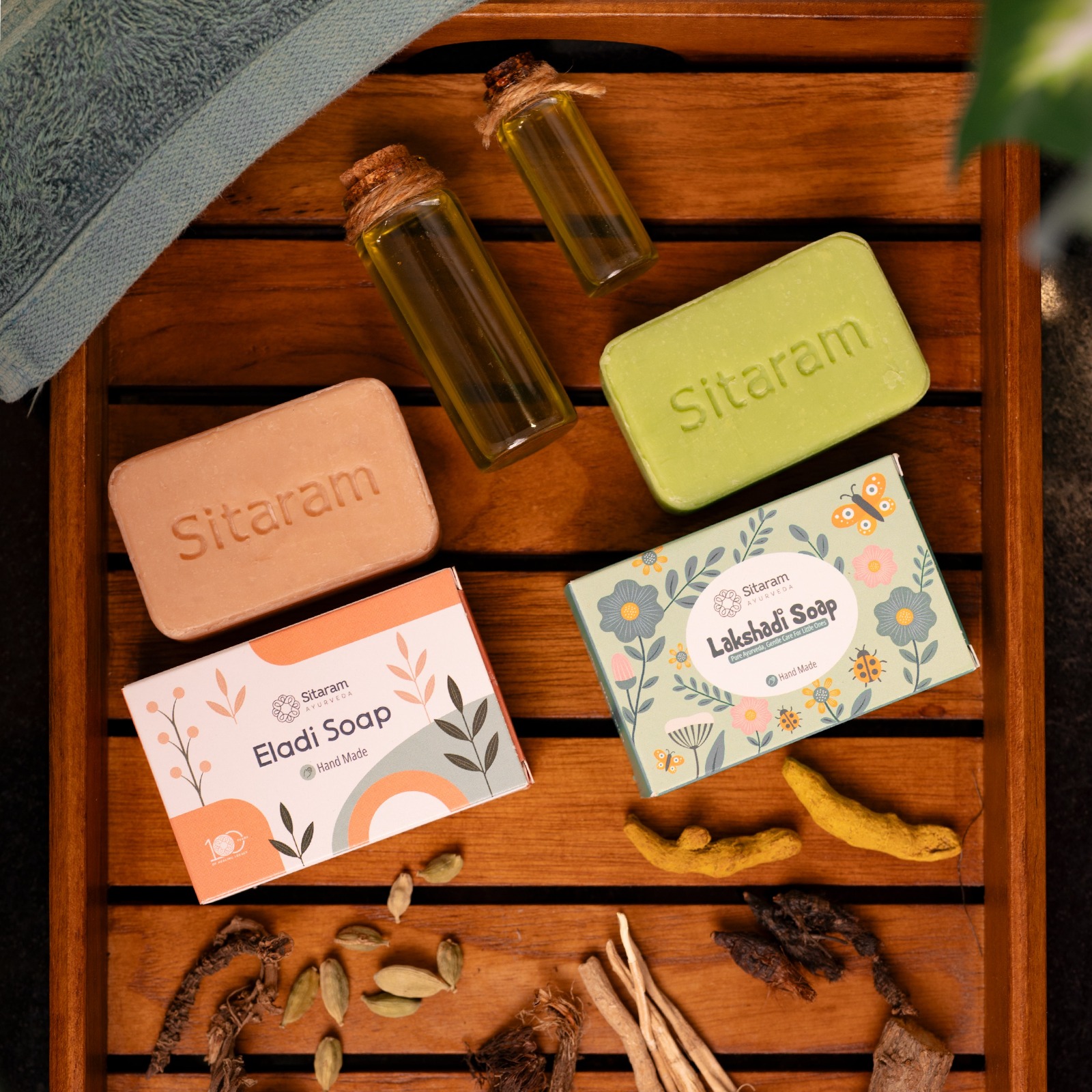
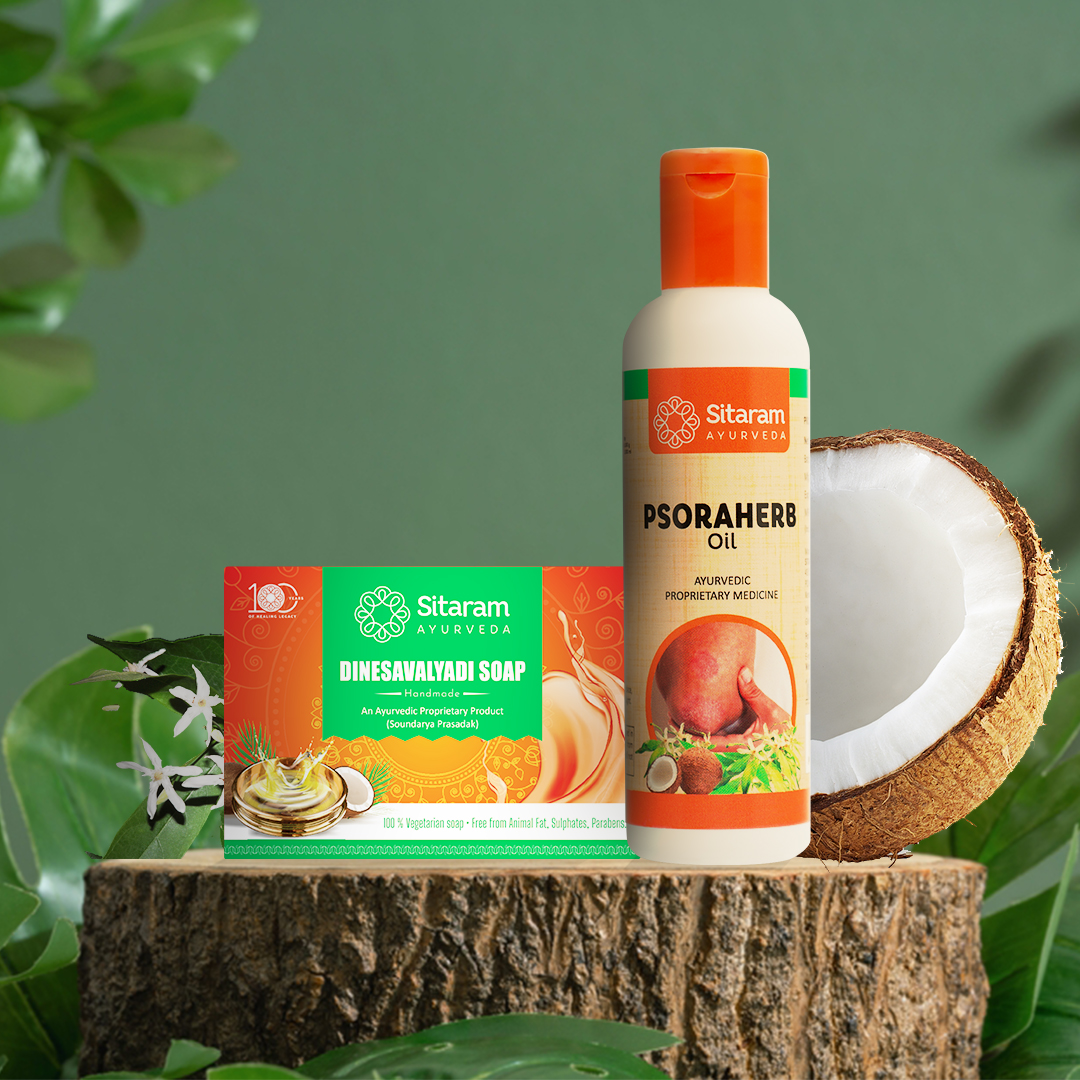
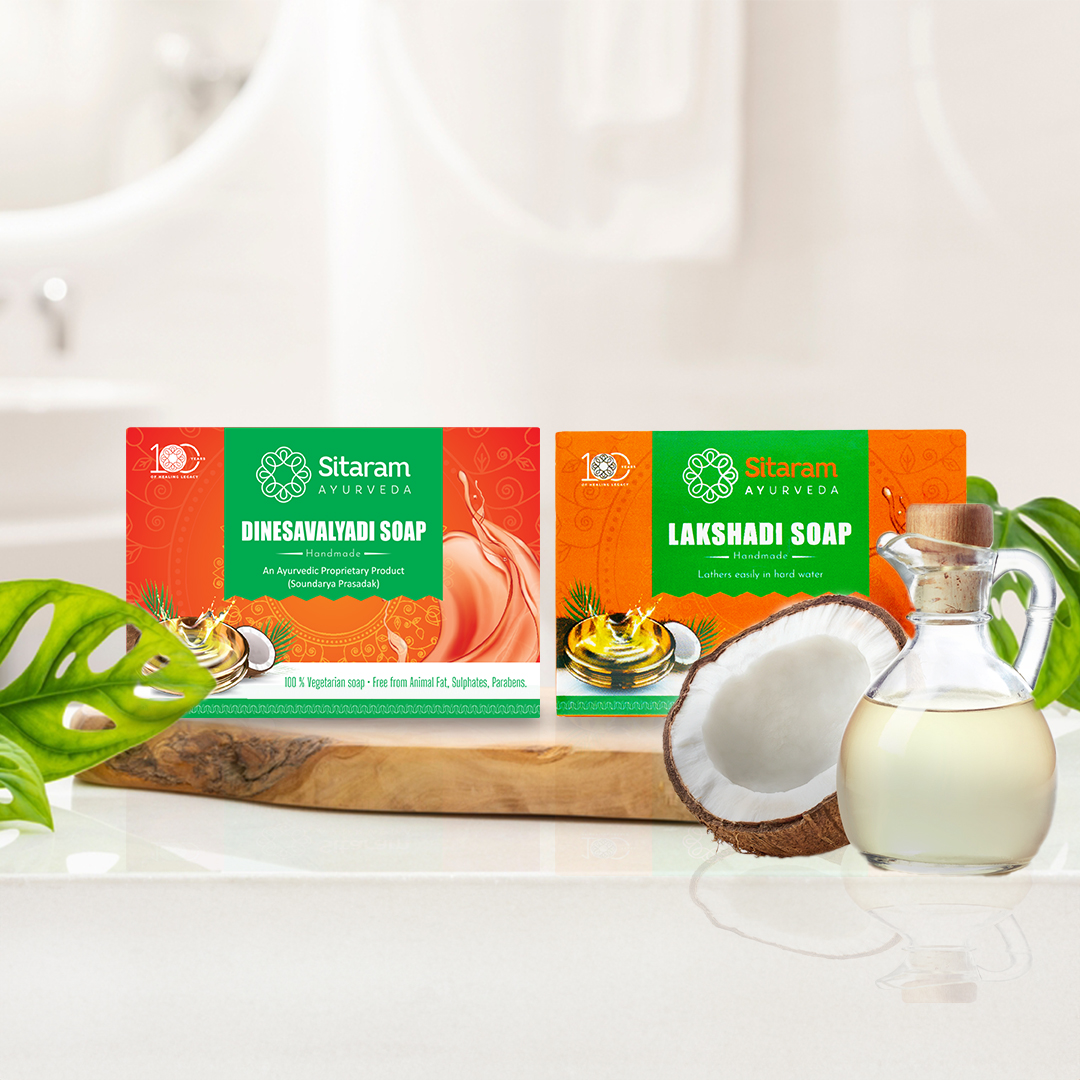
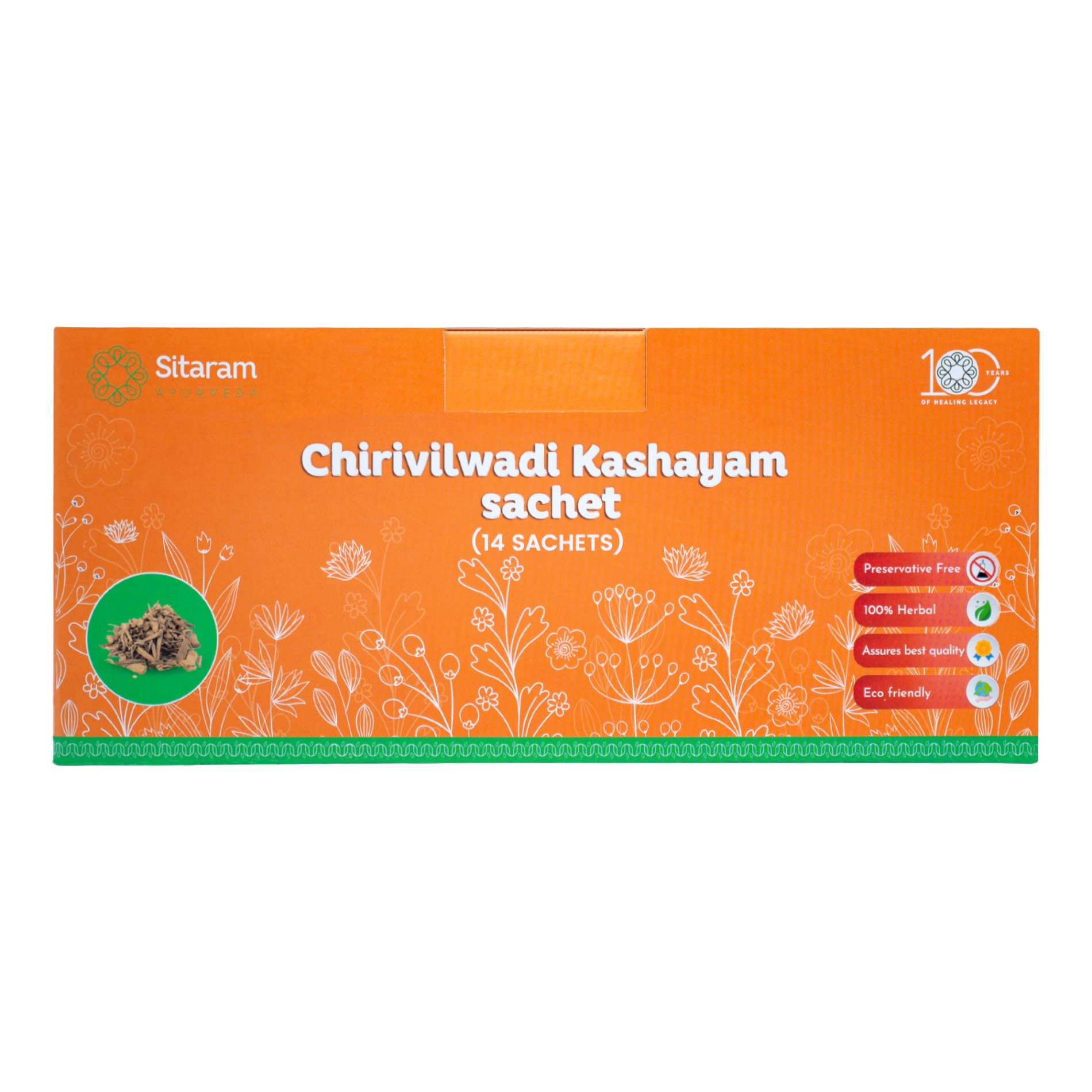
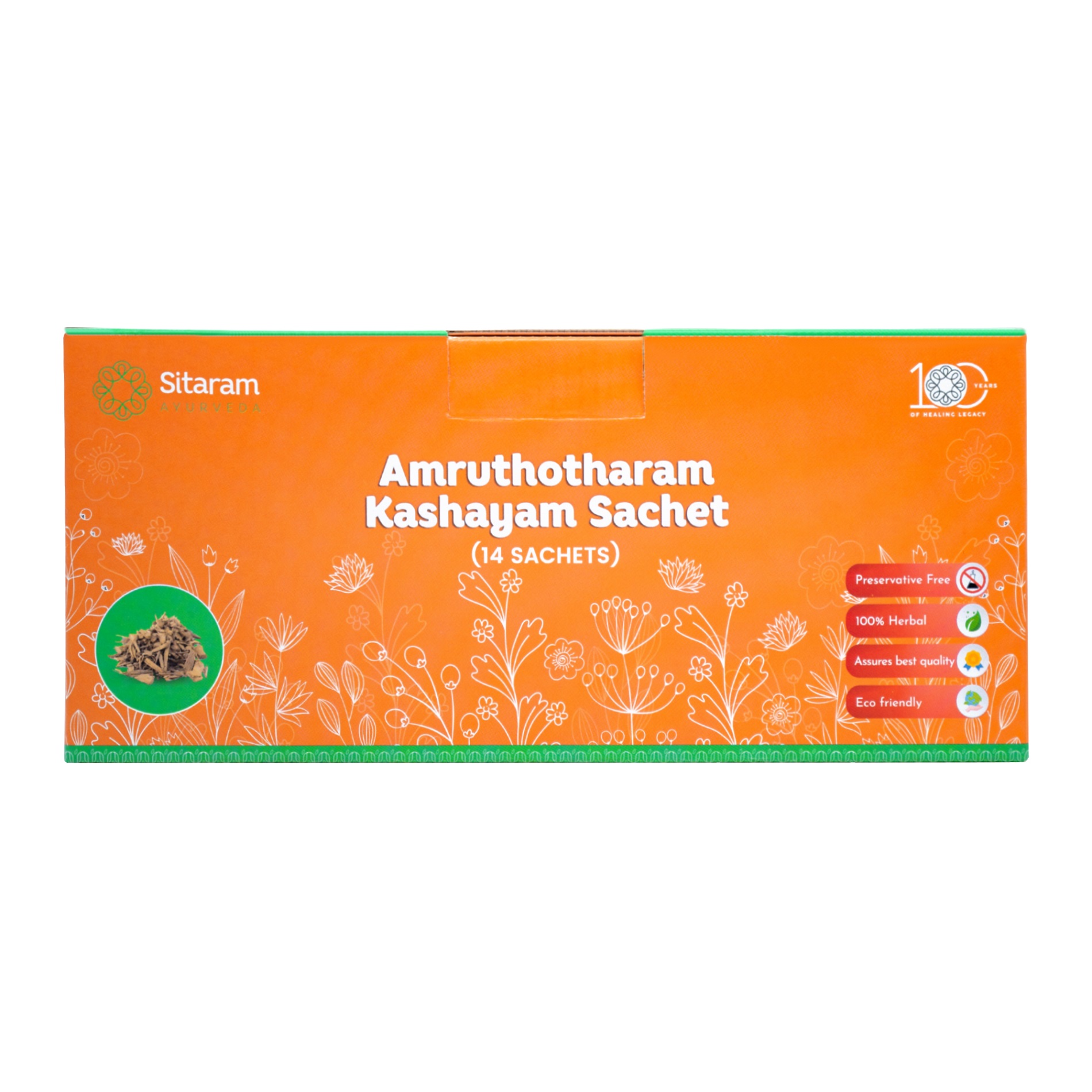
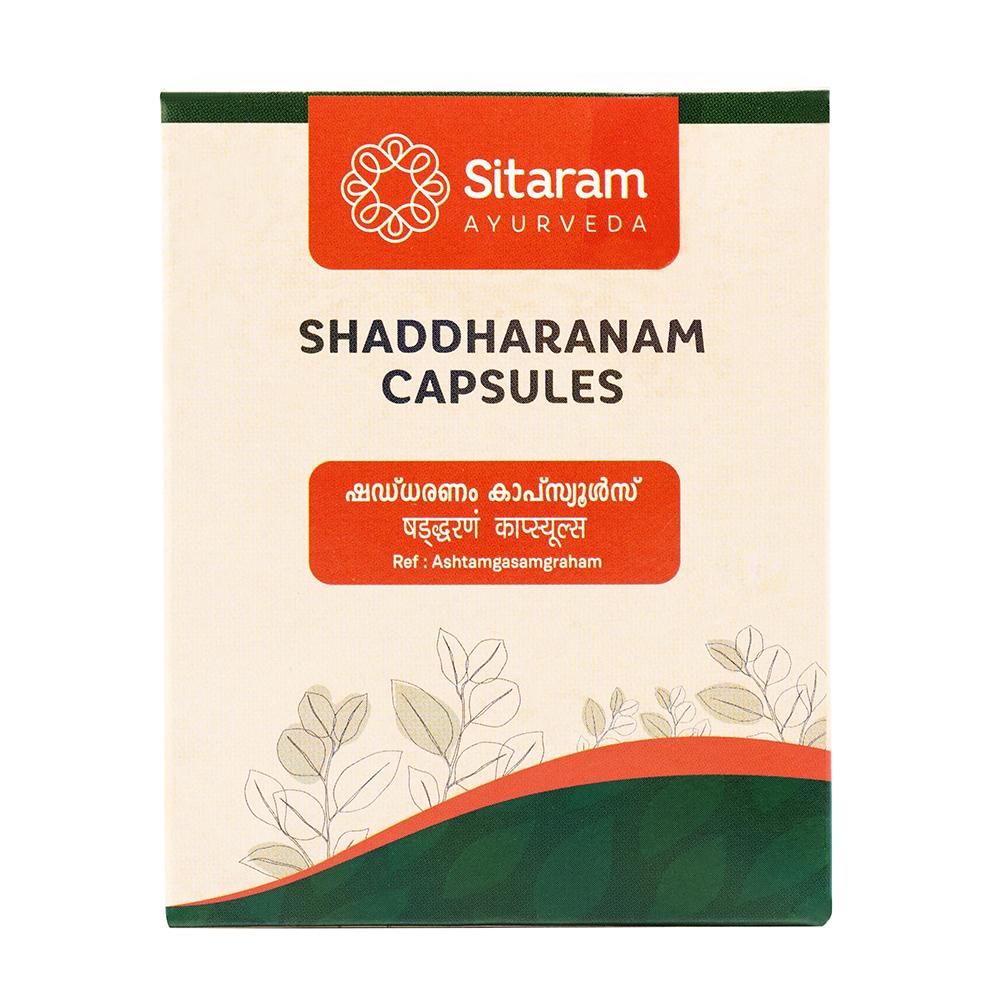
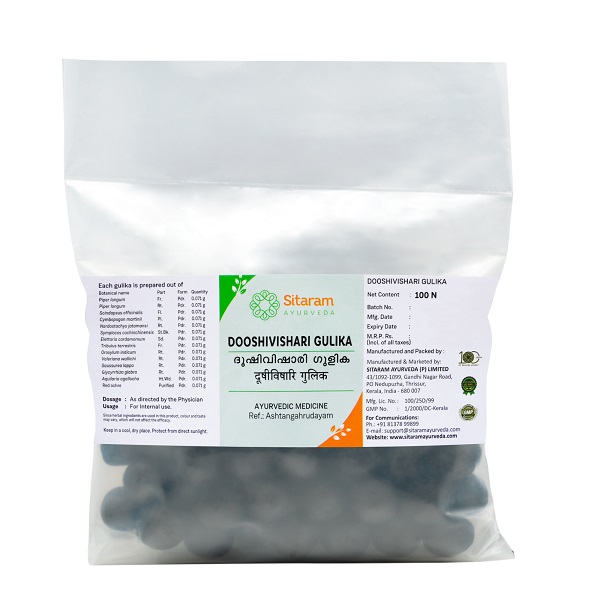
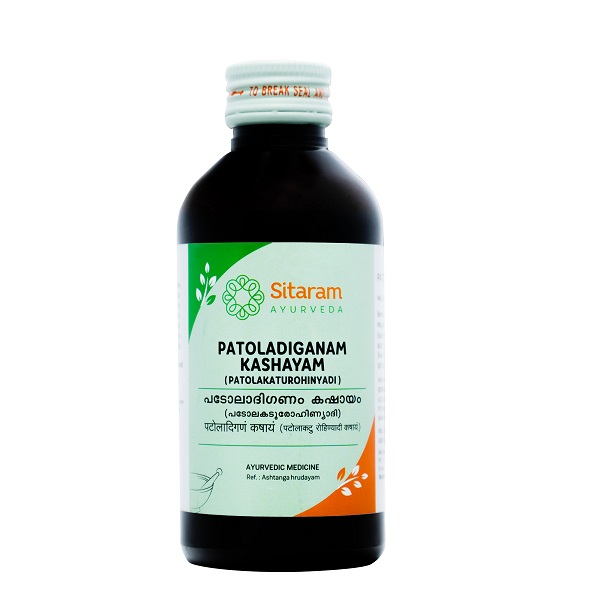
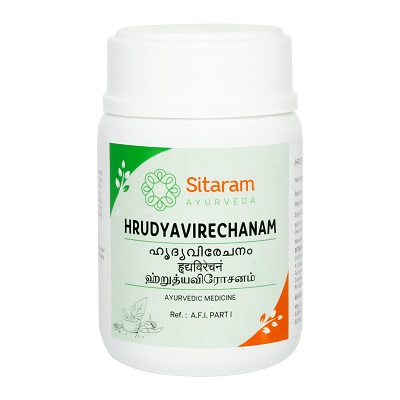
SIDDHARTH RAJ CHOPRA (verified owner) –